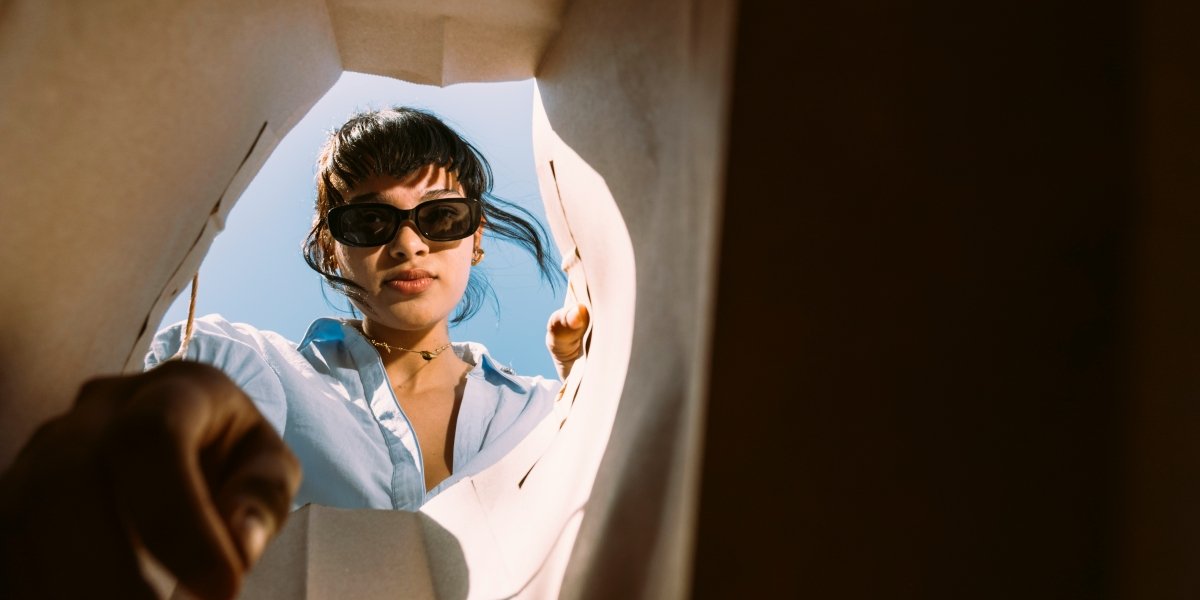The act of clapping when a plane lands is a practice that has sparked debate among travelers worldwide. While some passengers see it as a natural expression of relief or gratitude, others view it as unnecessary or even annoying. This behavior, which seems to divide opinions sharply, raises an interesting question: Is it necessary to clap when a plane lands? In this article, we will explore the origins of this tradition, the arguments for and against it, and whether it holds any real significance in today’s air travel culture.
The Origins of Clapping on Landing
A Tradition Rooted in Emotion
Clapping when a plane lands is a tradition that dates back to the early days of commercial aviation. Flying was once considered a luxurious and somewhat risky endeavor, so landing safely was often met with applause. Passengers clapped as a way to show their appreciation for the pilot’s skill and to express relief that the flight had concluded without incident. Over time, as flying became more routine and accessible, this tradition persisted, though not as universally as it once did.
Cultural Differences
The practice of clapping upon landing varies greatly depending on cultural and regional factors. In some countries, clapping is common and expected, while in others, it is rare or even frowned upon. For instance, passengers on flights to or from Mediterranean countries, Latin America, and parts of Eastern Europe are more likely to engage in this behavior. In contrast, it is less common on flights within North America or Northern Europe. This variation highlights how different cultures perceive air travel and the expression of gratitude.
Arguments for Clapping When a Plane Lands
A Gesture of Gratitude
One of the primary arguments in favor of clapping when a plane lands is that it serves as a gesture of gratitude. Passengers who clap may feel that the pilot and crew deserve recognition for safely navigating the flight and ensuring a smooth landing. In this sense, clapping can be seen as a spontaneous expression of appreciation for a job well done. Supporters of this practice argue that it is a harmless way to acknowledge the efforts of those who made the flight possible.
Expression of Relief
For some passengers, particularly those who are nervous flyers, clapping is a natural reaction to the relief they feel upon landing. The final moments of a flight, especially during turbulent weather or a bumpy descent, can be tense. When the plane finally touches down safely, clapping can be an emotional release, a way to celebrate the end of what might have been a stressful experience. In this context, clapping is less about the pilot and more about the passenger’s own feelings of relief.
Arguments Against Clapping When a Plane Lands
Seen as Unnecessary
On the other side of the debate, many argue that clapping when a plane lands is unnecessary. Opponents of this practice often point out that landing a plane safely is part of the pilot’s job and not something that requires special recognition. They compare it to other professions where successful outcomes are expected, such as a bus driver completing a route or a surgeon performing a routine operation. From this perspective, clapping may seem excessive or out of place in the context of modern air travel, where safety standards are rigorously maintained.
Potential to Annoy Fellow Passengers
Another argument against clapping is that it can be disruptive or annoying to other passengers. For some travelers, the sudden noise of clapping at the end of a long flight can be jarring, particularly if they are tired or prefer a quieter environment. Additionally, in a diverse cabin where passengers may have different views on this practice, clapping can create an uncomfortable atmosphere. Critics suggest that there are more discreet ways to show appreciation, such as thanking the crew directly.
Is Clapping on Landing Becoming Less Common?
Changes in Air Travel
As air travel has become more commonplace, the tradition of clapping on landing appears to be declining. Today, flying is often seen as a routine activity, and many passengers are accustomed to the idea that air travel is one of the safest modes of transportation. With this shift in perception, the need to express relief or gratitude through clapping has diminished. Moreover, the rise of budget airlines and more frequent flights mean that passengers may view flying as a more transactional experience, rather than something worthy of celebration.
The Influence of Social Norms
Social norms also play a role in the decline of this practice. In regions where clapping is not the norm, passengers may feel self-conscious or hesitant to applaud, especially if others are not participating. This reluctance can contribute to the gradual fading of the tradition, as fewer people engage in it. Additionally, the increasing use of headphones and in-flight entertainment means that passengers are more likely to be focused on their screens than on the conclusion of the flight.
So, is it necessary to clap when a plane lands? The answer largely depends on personal and cultural preferences. For some, clapping is a meaningful way to express gratitude or relief, while for others, it is seen as unnecessary or even disruptive. As air travel continues to evolve, this tradition may become less common, but it is unlikely to disappear entirely. Whether you choose to clap or not, what matters most is respecting the diverse perspectives of fellow passengers and appreciating the skill and professionalism of those who make flying possible.












